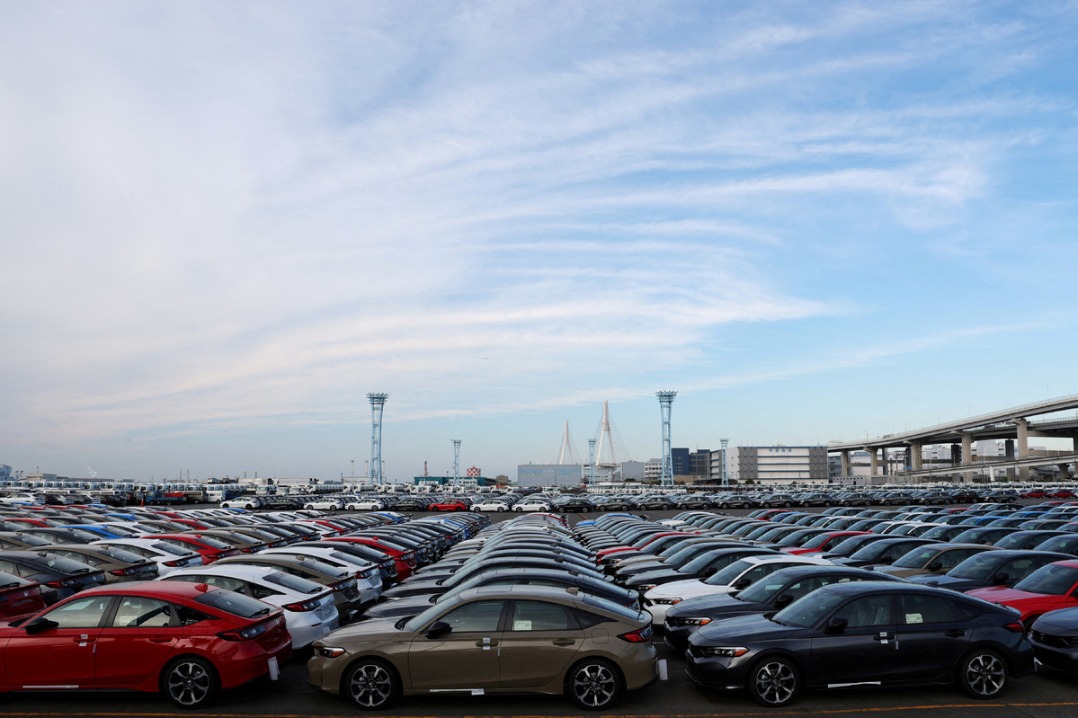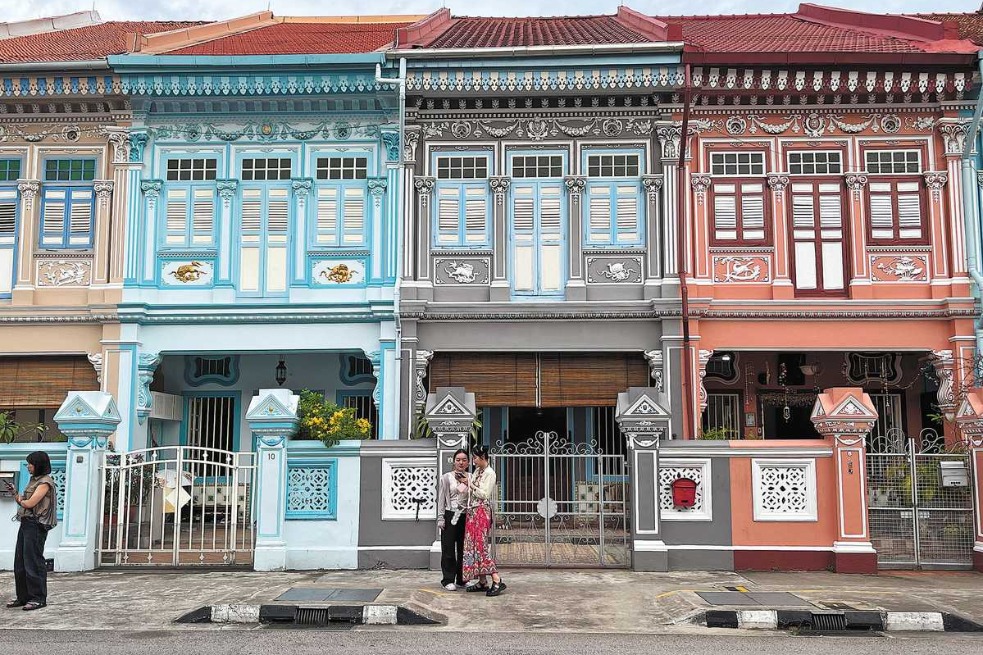Drinking water crisis in high-income countries rooted in systemic racism: research

OTTAWA - Systemic racism and social exclusion are to blame for a drinking water and sanitation crisis in high-income countries (HICs), according to a press release published on the website of Canada's University of Guelph.
Gaps in water and sanitation services in HICs worldwide stem not from a lack of resources or capacity but from environmental discrimination, systemic racism and social exclusion, the release said, quoting a new international paper published on The Lancet Global Health written by experts in Canada, the United States, Europe and Australia.
According to the new paper, three main barriers impede access to safe services for many people in high-income countries, the release said.
First, systemic racism underlies inequities and limits access to resources. Historically marginalized people and low-income communities are more likely to lack access to safe water and sanitation. Those groups include minority racial and ethnic populations as well as Indigenous communities, migrants and people of color.
In the United States, for instance, the authors found Native American households are 19 times more likely, and Black or Latinx households are nearly twice as likely, to be without functional water and wastewater access than households identifying as white.
Second, changes to infrastructure financing, including a move to full-cost pricing in HICs, have reduced subsidies to people lacking services.
Third, gaps persist because availability and quality of services are tied to housing and property ownership. Linking property to water and sanitation services is a policy choice that disadvantages groups including migrants, people living in poverty and people experiencing homelessness or in unstable housing, the paper was quoted as saying.
































